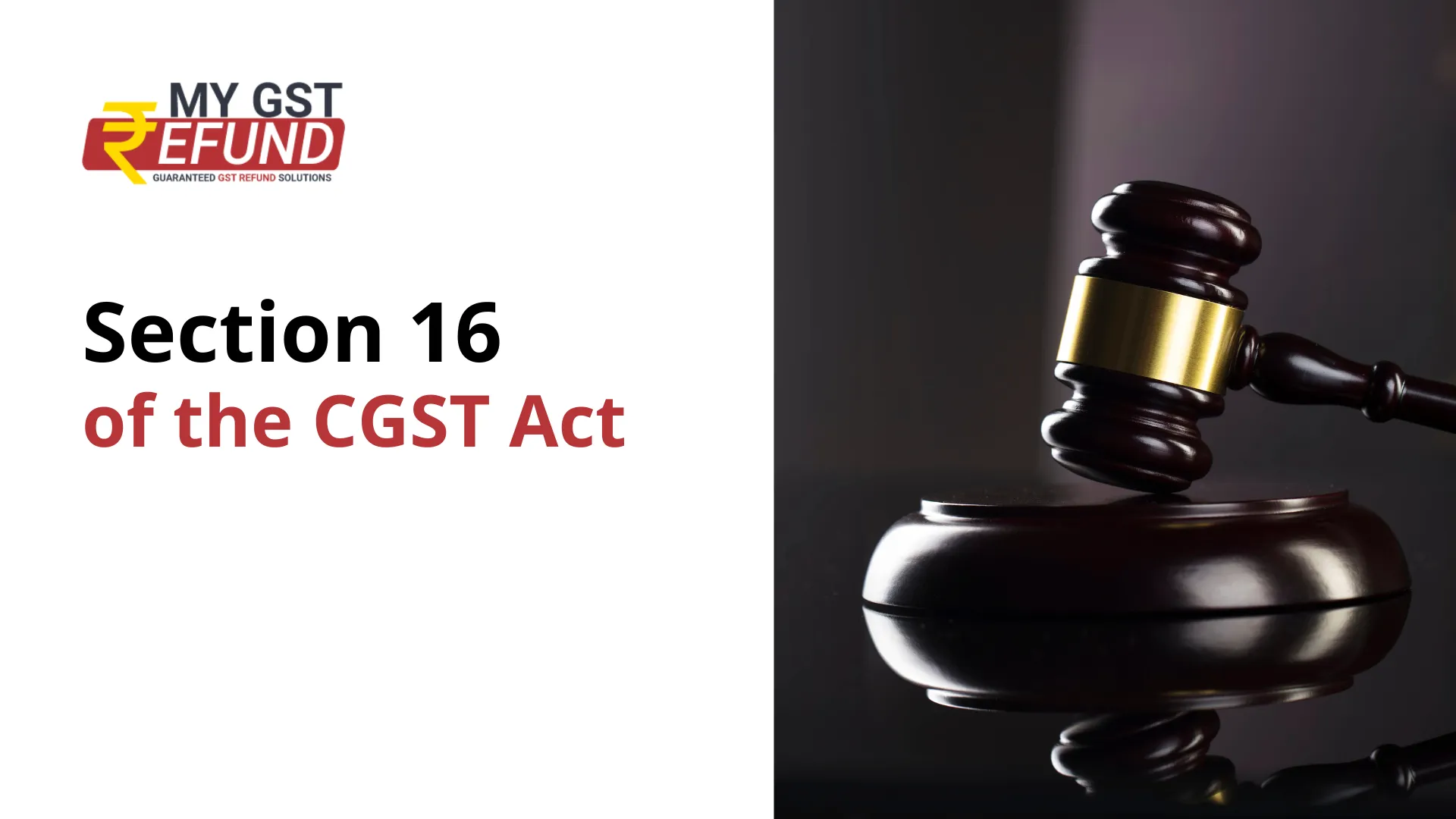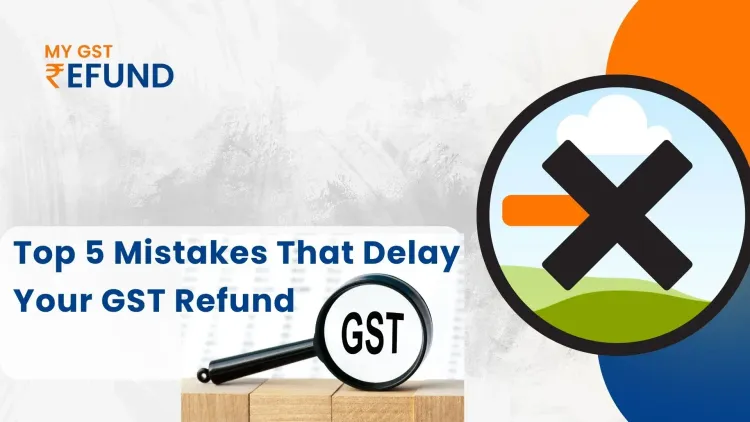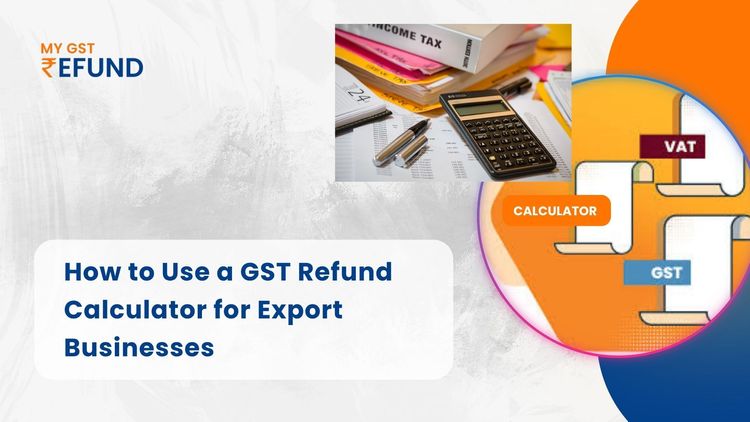The aim of the implementation of the GST is to avoid the cascading effect of GST. GST Input Tax Credit (ITC) is a critical part of GST designed to address this. ITC allows businesses to balance their tax liability.
Section 16 of the Central Goods and Services Tax (CGST) Act specifies the conditions that a registered person must meet to qualify for ITC. These conditions ensure proper claiming of tax credits and prevent taxation on inputs that have already been taxed. Understanding these rules is crucial for businesses operating under the GST system in India.
Section 16 of the CGST Act
The Input Tax Credit (ITC) mechanism, covered under Section 16 of the CGST Act 2017, allows taxpayers to offset their GST input tax with their GST output tax liability. This helps prevent the cascading effect of taxes and ensures a seamless flow of credit throughout the supply chain.Businesses must understand and adhere to Section 16 of the CGST Act to ensure compliance with GST regulations and maintain operational efficiency. By following the guidelines and limitations outlined in this section, businesses can effectively manage their ITC claims and avoid potential fines or penalties for non-compliance.
Input Tax Credit
Companies claim ITC to balance the taxes they paid on their inputs.Simply put, the company can deduct the tax it has already paid on purchases from the GST it collects on sales. This ensures that the final consumer bears the full tax burden and prevents the cascading effect of taxes.
Illustration: Suppose a company pays Rs. 100 for raw materials and incurs GST at 18%, amounting to Rs. 18. This Rs. 18 is the input tax paid. When the company sells the finished product for Rs. 200, presumptively at a 28% GST rate, it collects Rs. 56 as output tax. To utilize the ITC mechanism, the company must pay the government only the net tax amount, which is Rs. 38 (Rs. 56 - Rs. 18), not the total Rs. 56 collected.
Conditions for Claiming ITC under Section of the CGST Act
When registered claiming benefit of ITC must fulfil these conditions under the section 16 of the CGST
1. First condition is that for claiming ITC must carry debit note issued by registered supplier.
2. Only when you can claim ITC when a registered person receives the goods and services for which you are claiming ITC benefits.
3. Both the supplier's and recipient's GST returns must be filed.
4. When the supplier receives the payment from the receiver within 180 day then you can claim ITC.
Only businesses registered under GST can claim ITC for taxes paid on inward supplies (purchases of goods or services). Unregistered suppliers cannot claim ITC on tax paid for inward supplies.
Documents required to claim GST Input Tax Credit
To claim the ITC benefits need these documents
- Invoice issued by the supplier according to the section 31
- Debit note issued by the supplier
- When you receive goods and services then recipient issue invoice
Any invoice, credit note, or similar documentation issued by an input service distributor.
Above mentioned includes details such as descriptions and values of goods/services, amount of tax charged, GSTIN of both receiver and supplier, and place of supply.This documentation is important for claiming input tax credit under GST.
Time Limit for Availing of Input Tax Credit
Section 16 of the CGST Act, 2017 allows a registered person to claim input tax credit for any debit note or invoice related to the supply of goods or services, or both, before:
1. The due date for filing the monthly return under section 39 of the CGST Act for the month of September following the end of the financial year, or
2. The date by which the annual return must be filed.
These conditions specify the timelines within which input tax credit can be claimed under GST regulations.
Consequences of Claiming ITC without Complying with Section 16 of the CGST Act
If a taxpayer claims GST Input Tax Credit (ITC) in violation of Section 16 of the Goods and Services Tax Act, several repercussions may follow:
1. Reversal of ITC: When you falsely claim ITC then authority reverse the ITC means the taxpayer has to return ITC with interest or penalty.
2. Interest and Penalties: When taxpayers claim the ITC wrongly then they have to pay interest from the date of claiming to the date of reversal.
3. Audit and Scrutiny: When you avoid section 16 then tax authorities will conduct a proper audit check of the company.This can consume additional time and resources of the company.
4. Reputational Damage: When a company avoids tax rules then the company will reduce their reputation and also lose their trust with the client,vendor.
Exceptions when ITC Cannot be Claimed
Under the CGST Act, Input Tax Credit (ITC) cannot be claimed on certain goods and services, including:
1. Food and beverages ,cosmetic and plastic surgery,outdoor catering etc these are the services where you can not claim ITC benefit.
2. You can not claim ITC be benefit when you purchase motor vehicles and other forms of transportation unless they are use for transportation services.
3. There is no ITC benefit on cab sharing and life insurance.
4. Employee benefits such as travel benefits for leave or domestic travel concessions.
5. Memberships in clubs, health and fitness centres.
6. Construction services for immovable property, except where input services are involved.
7. Goods and services related to the construction of real estate (including renovations, repairs, and rebuilding), unless used for business advancement.
8. Personal consumption of goods and services.
9. In the case of goods stolen,distribute goods as a free sample then also you can not claim ITC.
10. When you purchase goods from a dealer then you can not claim ITC.
These restrictions ensure that ITC is only claimed on goods and services that are directly related to taxable supplies or business activities, preventing misuse of tax benefits under the GST system.
Conclusion
In summary, the Goods and Services Tax (GST) and its Input Tax Credit (ITC) mechanism are pivotal in simplifying India's tax system, aimed at eliminating tax cascading and facilitating smooth credit circulation in supply chains. Section 16 of the CGST Act provides explicit criteria for ITC claims, ensuring adherence to regulations and preventing duplicate taxation on inputs. Compliance not only enhances operational efficiency but also shields against penalties and audits. By limiting ITC to eligible goods and services, the GST framework upholds transparency and equity, bolstering compliant businesses nationwide.
FAQs
Q.1 What does Section 16 of the CGST Act elaborate on ?
Ans. Section 16 of the GST Act pertains to the Input Tax Credit (ITC) scheme, allowing taxpayers to offset their GST output tax liability by deducting the input tax credit.
Q.2 What is an input tax credit (ITC) ?
Ans. Taxpayers claim the benefit of ITC to balance the taxes they paid already on purchase of goods and services.
Q.3 What happens if a taxpayer claims an ITC that is not eligible ?
Ans.When a taxpayer wrongly claims ITC then the taxpayer needs to pay the tax with interest.
Also Read: Navigating the Letter of Undertaking (LUT) in India's GST Regime
Related Posts









